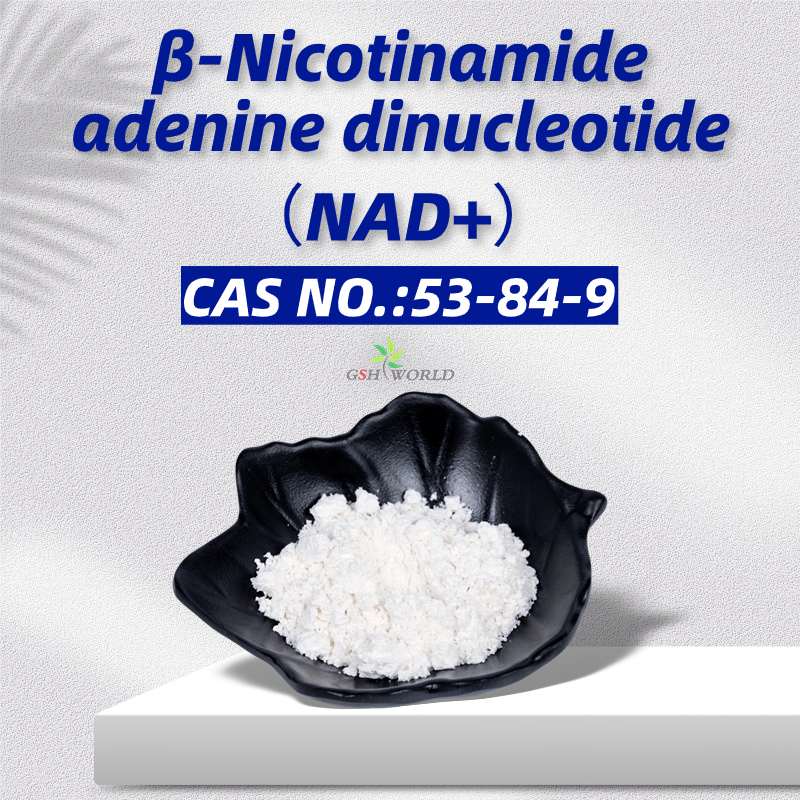Women should always keep NMN in mind to prevent menopause: Research shows…
Menopause is an inevitable stage in women’s lives, but many people avoid talking about it when they hear about it, and their understanding of menopause is very one-sided.
For a long time, menopause has almost been synonymous with “flammable and explosive”. However, the characteristics of menopause do not end here.
Clinical data show that during the period of 45 to 52 years old, women may experience hot flashes, night sweats, vaginal dryness, bone pain, insomnia and low mood due to the gradual decrease in female hormone secretion.
According to statistics, there are currently 160 million menopausal women in China, the largest number in the world.
More than 80% of women will experience discomfort caused by menopause.
The arrival of menopause not only affects women’s physical and mental health, but also leads to aging and even causes physical or psychological diseases.
NMN helps relieve menopause
In the face of the symptoms that occur during menopause, we need to constantly make adjustments; otherwise, it will affect our mental health and life health.
The arrival of menopause is also a signal that a woman’s body functions are beginning to age. Therefore, anti-aging products can help relieve menopause to a certain extent.
For instance, NAD+ precursor NMN has great potential in delaying aging, preventing menopausal symptoms and improving certain diseases.
Symptoms of menopause
In fact, menopause refers to a period when women transition from their reproductive years to old age, and it is a time when ovarian function gradually declines.
There are many symptoms of menopause, so understanding these symptoms is very important for smoothly getting through menopause.
According to a survey, over 90% of women may experience the following symptoms to varying degrees when going through menopause.
1. Unstable emotions
We often say to people who are irritable and unstable in mood:
Are you in menopause? In fact, this is also based on evidence.
Unstable emotions and irritability are important signs of menopausal women.
Women at this stage often experience symptoms such as shortness of breath, palpitations and anxiety.
This requires the majority of menopausal friends to adjust their mindset in a timely manner and maintain emotional stability.
2. Irregular and disordered menstruation
Women in menopause will first experience some changes in their physical condition.
Specifically, it is manifested as menstrual disorders, irregular menstrual cycles, long-term absence of ovulation and bleeding, and sudden cessation of menstruation, etc.
Under normal circumstances, menstruation does not suddenly stop because the ovaries are in a gradual process of decline, and the probability of sudden cessation of menstruation is relatively small.
3. Symptoms of bones, joints and muscles
Menopausal women often experience acute or chronic muscle pain, which is more common in the shoulder, neck, lumbosacral and sacroiliac joints.
Fatigue or exposure to cold can aggravate the condition and relieve it after rest.
Joint pain is commonly seen in the knee joint, lumbosacral joint, hip joint and finger joints, etc.
Osteoporosis mainly affects the spine and is characterized by low back pain. Fractures are more likely to occur, with femoral neck, carpal bone and spinal fractures being the most common.
4. Psychological changes
Menopausal syndrome is also manifested as psychological changes.
Some people often feel lonely, empty, self-abandoned, and suspicious all day long.
Some people may even develop some mental illnesses, which require timely treatment.
5. Sleep disorder
Many women experience sleep problems of varying degrees after menopause, which causes great distress to menopausal women.
Sleep disorders are mainly manifested as difficulty falling asleep, inability to wake up, easy awakening, frequent dreams, and in severe cases, even insomnia throughout the night.
Scientists have discovered that sleep problems can occur at different stages of menopause.
As people age, the “anti-aging factor” NAD+ in the human body gradually decreases, cells age, DNA damage becomes difficult to repair, and the body begins to age.
The ovarian function of women also declines, and the level of estrogen drops, eventually leading to a series of menopausal symptoms.
Timely supplementation of NAD+ has become the key to delaying aging and alleviating menopausal symptoms.
In 2013, David Sinclair, a tenured professor at Harvard Medical School, discovered that NMN could directly converted into NAD+, effectively increasing the level of NAD+.
The top scientific research journal Science pointed out in its December 4, 2015 issue that:
NAD+(Coenzyme I) is a coenzyme present in stem cells, and its content changes with age. Regulating the content of NAD+(coenzyme I) can simultaneously increase healthy lifespan and overall lifespan.
However, due to the large molecular weight of NAD+, its not easily absorbed by the human body. Therefore, starting from the precursor of NAD+ – NMN, that is, supplementing NAD+ with NMN, is the most scientific and effective way.
In November 2017, Nature published another article stating that in human experiments,
researchers found that subjects who took NMN, a precursor of NAD+,
every day had a continuous and significant increase in their NAD+ levels over a period of two months.
A scientific study published in Cell Reports, a sub-journal of Cell, on February 18, 2020,
shows that the use of NMN can effectively alleviate menopausal syndrome in women.

A study jointly conducted by the University of New South Wales and Harvard University shows that NMN intake in mice can reverse the decline in oocyte quality related to aging, thereby significantly restoring their fertility.
A variety of signs are sufficient to prove that taking NMN, the direct precursor of NAD+,
can effectively increase the level of NAD+ in the human body and help menopausal women replenish the lost NAD+ in a timely manner.
This can activate the longevity protein Sirtuins in women’s bodies, protect immune cells from damage,
slow down the aging of the body, keep the ovaries young, maintain the secretion of estrogen, and achieve the purpose of preventing and alleviating menopausal syndrome.




